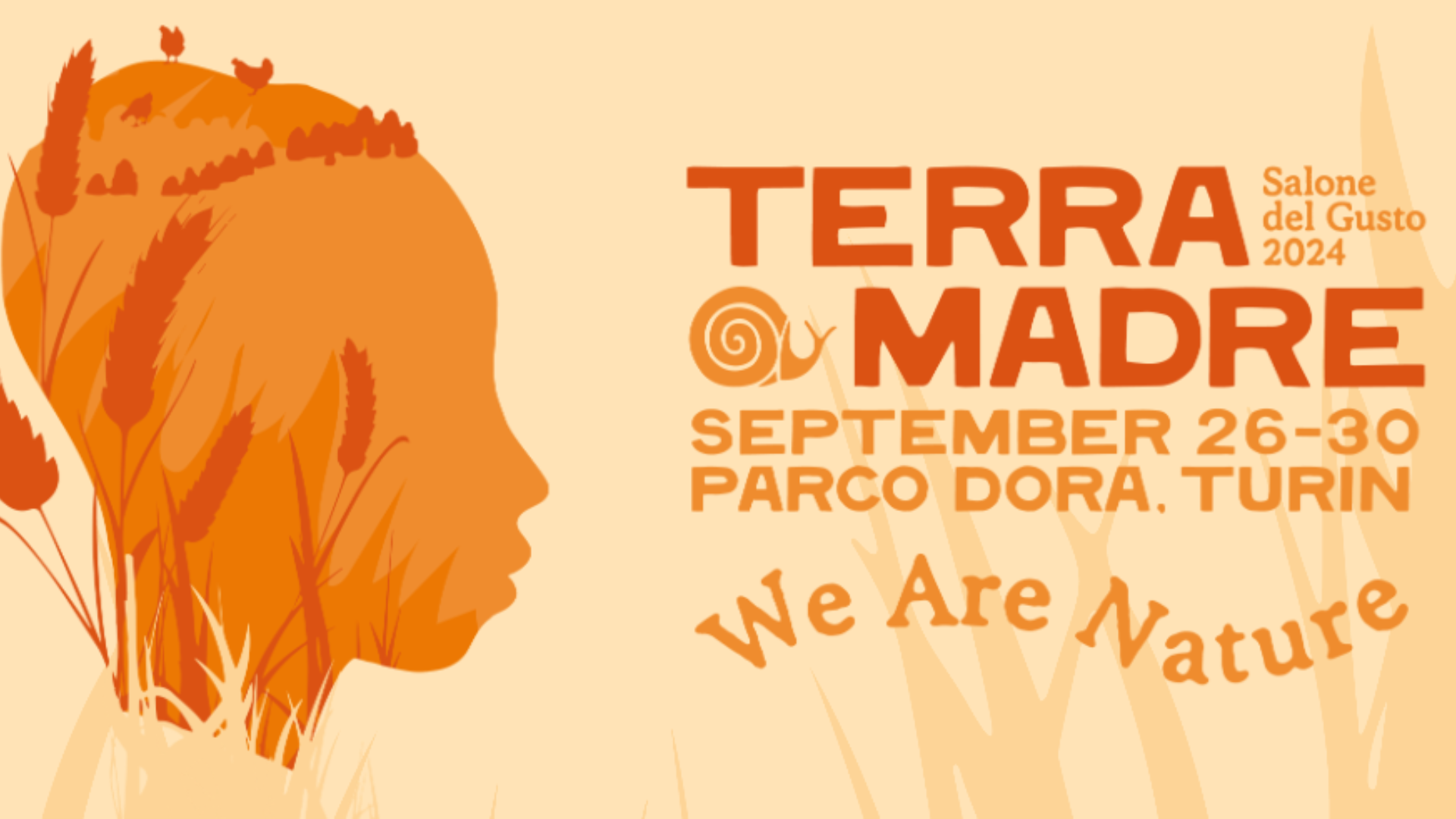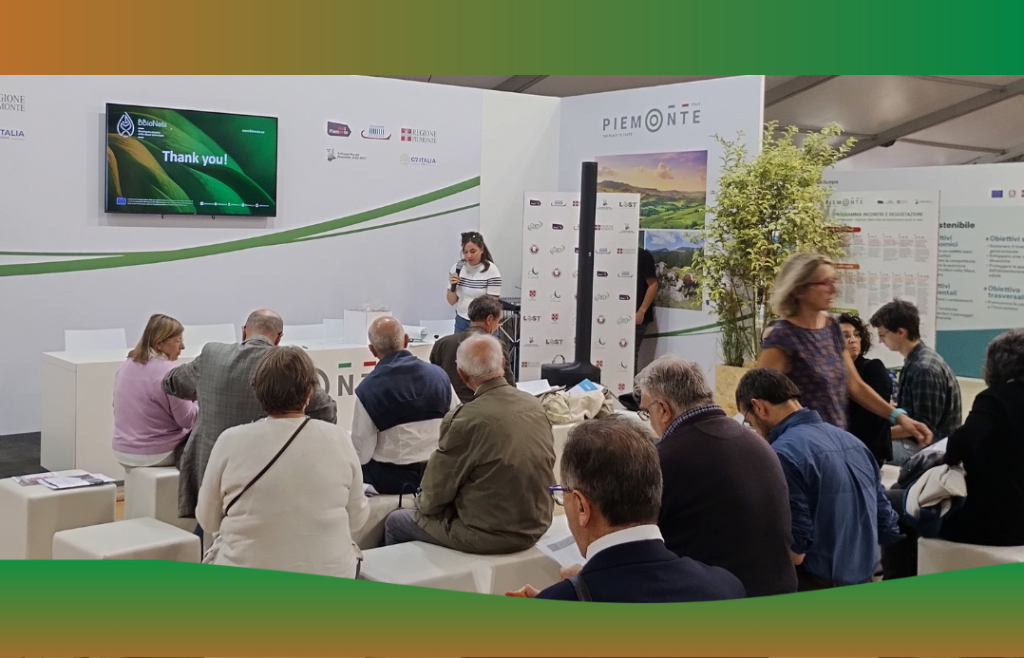
30th September 2024
BBioNets at Terra Madre 2024: Shaping the Future of Forestry and Agriculture
CREA organised a meeting of the Italian Thematic Network on Forestry and Agriculture (FAN), part of the BBioNets project, at Terra Madre 2024 in Turin, Italy, on 30th September.
Terra Madre, launched by the Slow Food grassroots movement, is an international network of food communities that celebrates small-scale farmers, breeders, fishers and food artisans whose approach to food production protects both the environment and communities. Held every two years alongside Salone del Gusto, Terra Madre unites global voices in food and agriculture. The theme for the 2024 edition was “We Are Nature“ and called for a “gentle revolution” where people can find a new balance with nature. A key driving force is food, which connects humans with nature by emphasising respect for the land, water, ecosystems, and social communities.
As part of this event, the BBioNets project, through CREA, facilitated a meeting to address the specific needs and challenges of the Italian regions of the FAN – Piedmont, Liguria, and Valle d’Aosta. The meeting was attended by 9 FAN members, with a total participation ranging from 15 to 20 individuals.

The event was divided into two main parts: first, the BBioNets project was introduced, along with the objectives of the meeting and an overview of the initial results from the project’s activities. In the second part, a participatory workshop was held, during which 10 types of bio-based technologies (BBTs) were analysed and prioritised, and emerging needs were identified and ranked.
Throughout the workshop, FAN members actively participated, networking and engaging in constructive discussions to address the questions posed.
The following 10 BBTs were introduced and prioritised during the first phase of the workshop:
These were prioritised by ranking them on a scale from +5 to -5, according to their relevance to the various characteristics of FAN’s territorial contexts.
In the second phase, the participants used Warlas’ market place methodology to identify and prioritize new needs. This method simulates a real market, where ideas and opinions are exchanged to create a final, shared list of prioritised needs. The exercise was structured around four “market stalls” each representing different categories: integration aspects, system aspects, technical aspects, and new needs. Except for the last stall (where participants were invited to propose new ideas), voting took place between multiple options. Each participant was given a wallet containing 7 pennies, which they used to “buy” proposals from the different stalls. Each penny represented one vote.
The meeting yielded positive results, with active participation from FAN members. This allowed for the collection of valuable data that will help guide the next steps of the project.